Road construction accelerates climate change
Roads are a tool of human dispersal that have allowed us to utilize land that otherwise would have been difficult to access. At the same time, however, they pose a substantial threat to wildlife through limiting its dispersal and the risk of road kills. Roads also severely impact adjoining forests, not only by causing a physical fragmentation of the landscape but also a thermal one. A road impacts the micro-climatic conditions in its surroundings which leads to an increase in temperature. This can have devastating effects on the trees and will most likely be accelerated by climate change. But how serious is the situation really?
Please also read: Are roads the biggest threat to Wilderness?
Road ecology
Roads fragment the Earth’s surface into more than 600.000 pieces. For Europe this means that 50% of the continent´s surface is located within 1.5 km from a road or railway, while the rest of the land is within 10 km of a road. Thus, it is not surprising that a vast amount of the Earth’s natural habitats is affected by the impact of roads.
Road ecology describes the discipline of research that studies the impact of roads on the environment. The core of the discipline is that the micro-climate of a site depends on the structure of its surface. Have you ever wondered why a hot summer day feels much cooler in nature than in a city? Surfaces covered by vegetation, especially by forests, have a cooling effect, while urban areas heat up quicker. To stop cities from heating up too much, green infrastructure in urban areas is important. Trees evaporate water, which immediately cools down its surroundings. At the same time they absorb CO2, which adds to the mitigation of climate overheating.
This cooling effect is diminished by the construction of roads. They change the micro-climatic conditions in their environment, which leads to an increase in temperature. This can have devastating effects, especially on forest edges.
Micro-climatic conditions with macro-scale effects
The micro-climatic change can lead to an increase of water evaporation, heat stress, tree mortality, and forest fire risk. This in turn impacts groundwater resources and the resilience of trees to climate change. A study in Oberhessen in Germany now confirmed these impacts, analyzing the environmental impact of a planned highway construction. They concluded that the highway would substantially reduce the cooling effect of the forest through tree mortality.
The impact of newly build roads are particular extreme because deforestation creates more forest edges. The trees are not used to the new climatic conditions like increased sun and wind exposure, and increased temperatures. The result is tree die-back, while the forest can even enter into a negative feedback loop were the damage of trees leads to higher surface temperatures, while in turn this leads again to increased tree mortality.
Road-free landscapes for climate change mitigation
The case of Oberhessen is not unique. The whole world and especially Europe is losing green spaces to the construction of roads, and other surface sealing activities in accelerating speed. By doing so we miss out on many ecosystem services that natural spaces provide. These include water retention, cooling effects, air purification, and CO2 storage. These services are crucial for the mitigation of climate change and for human well-being in urban areas. Given that nature is already under immense pressure due to the current level of landscape fragmentation by roads and urbanized areas, we should not continue with their construction but rather preserve road-free landscapes. The European Wilderness Network hosts the last landscapes in Europe that are road-free and, thus, gives wildlife and humans the opportunity to experience undisturbed nature.

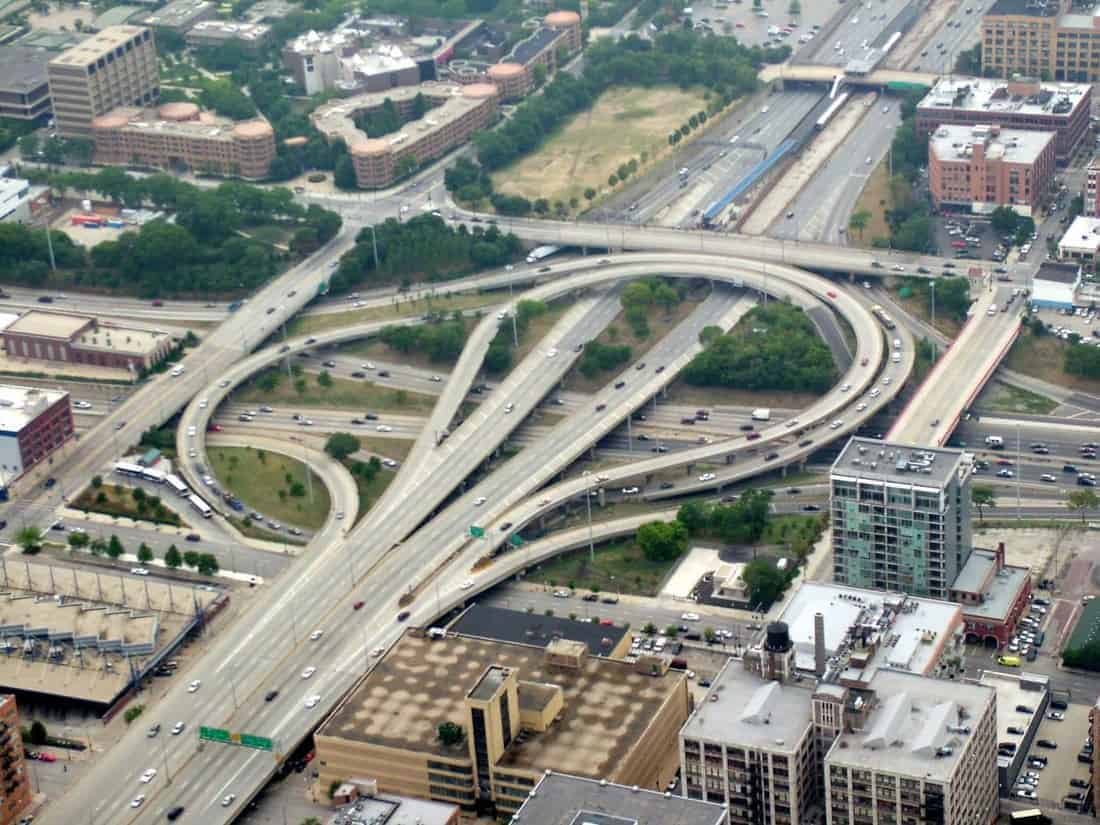
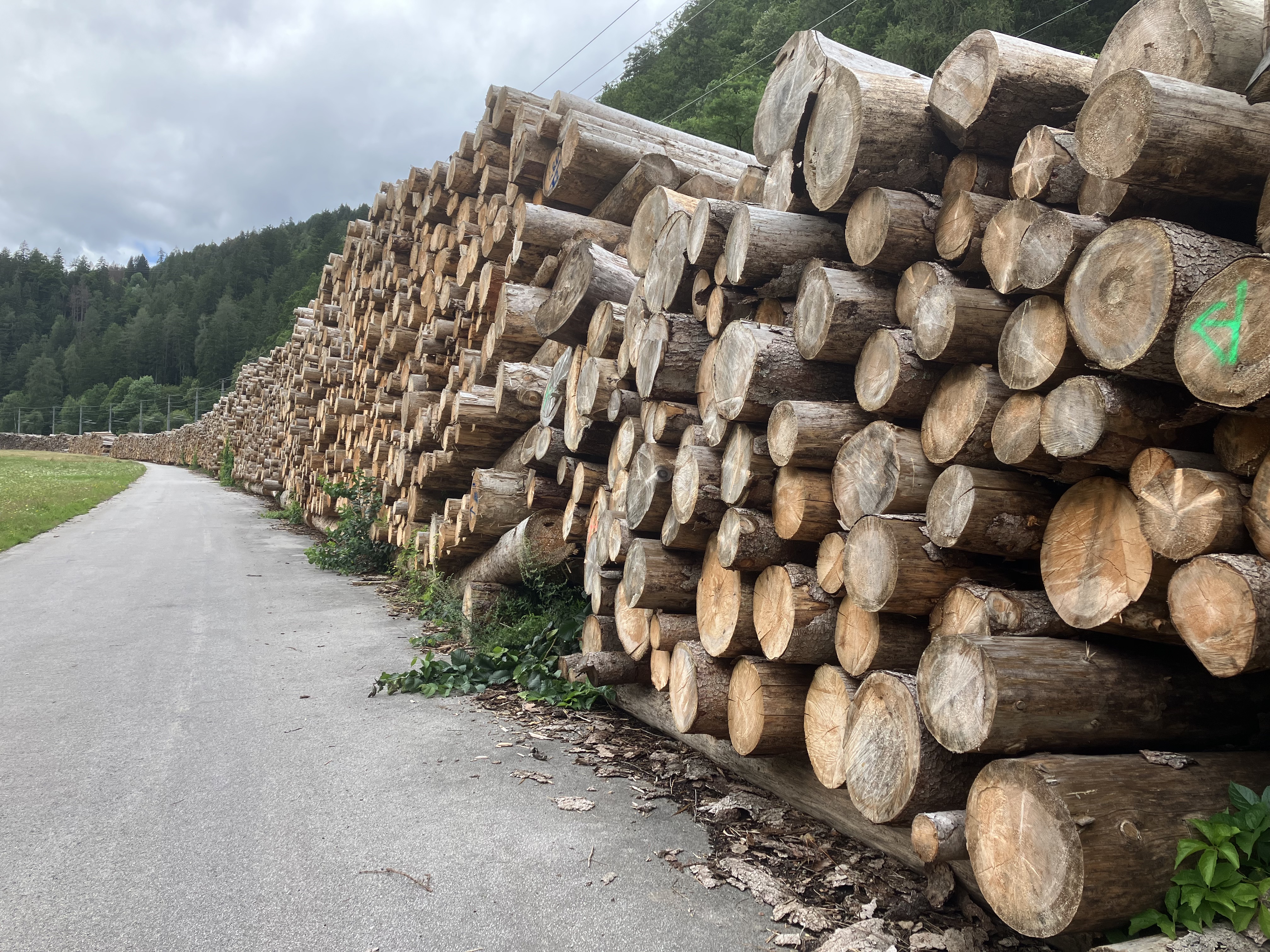
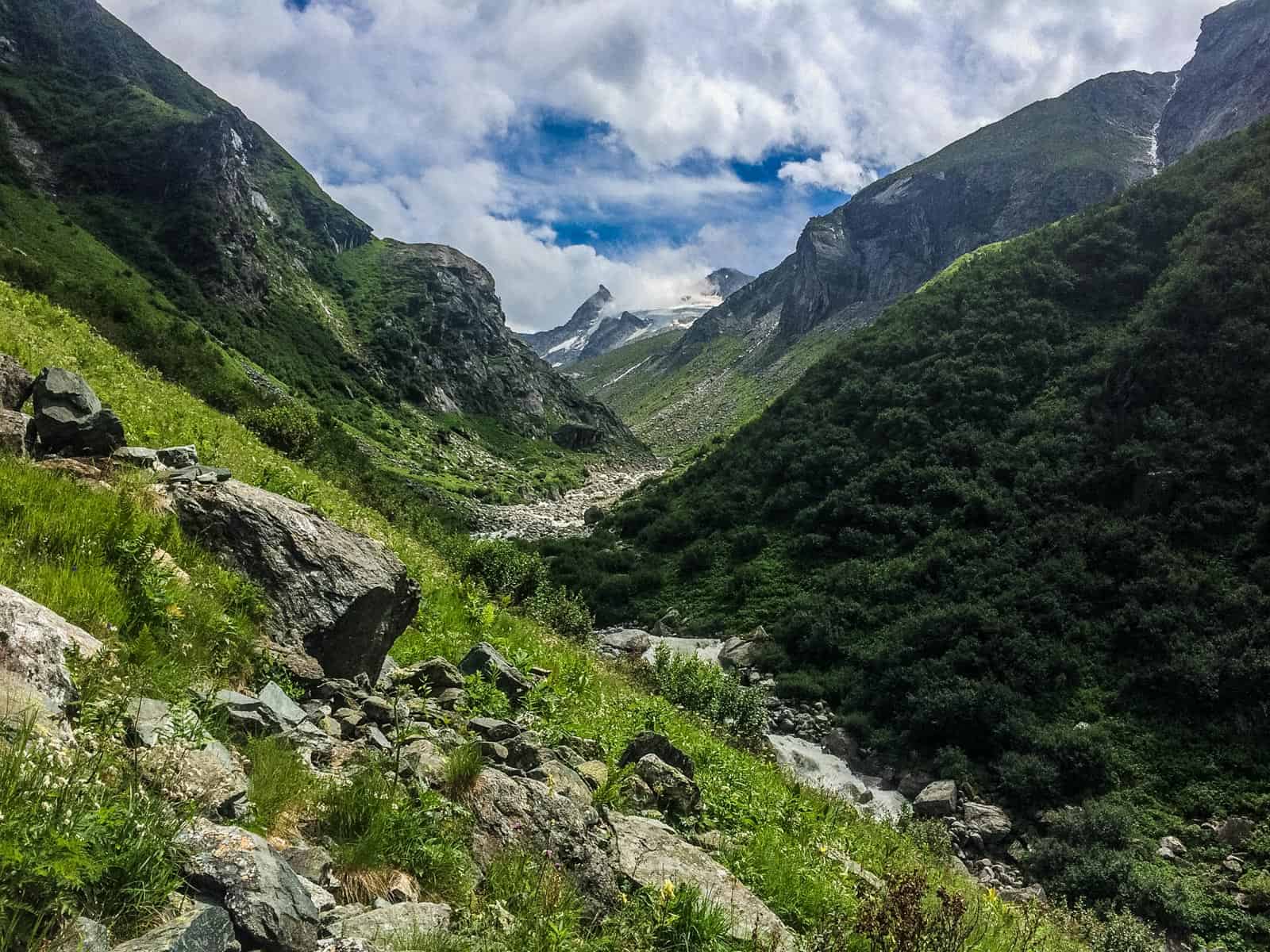
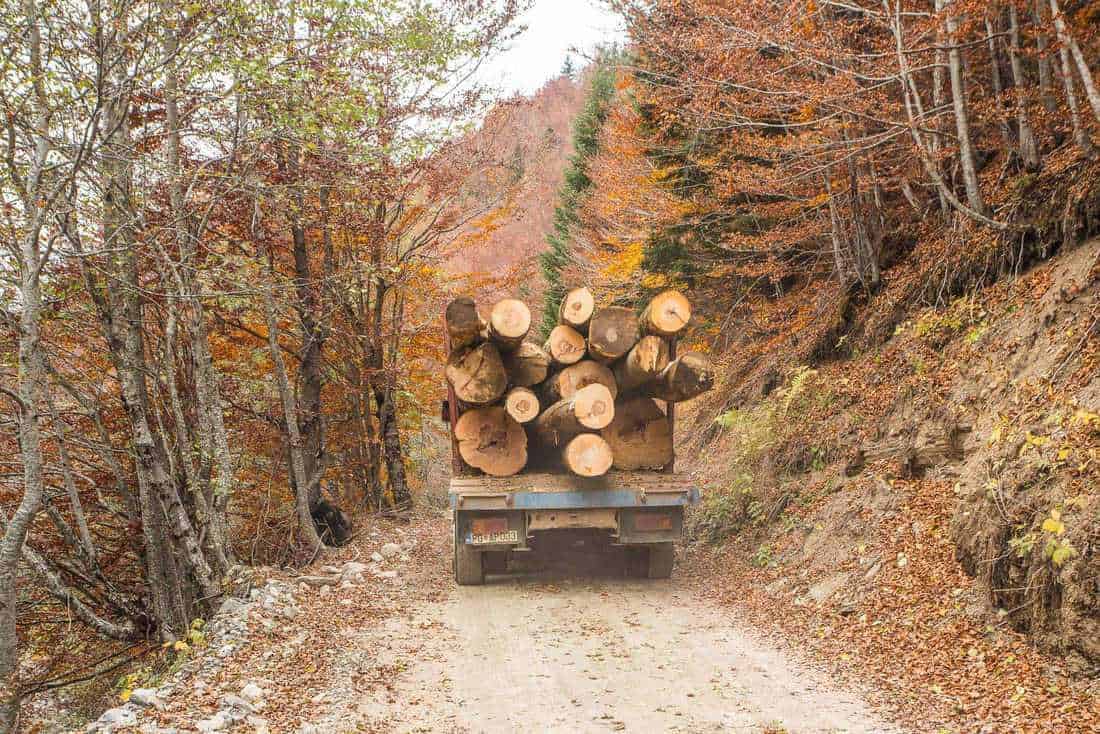
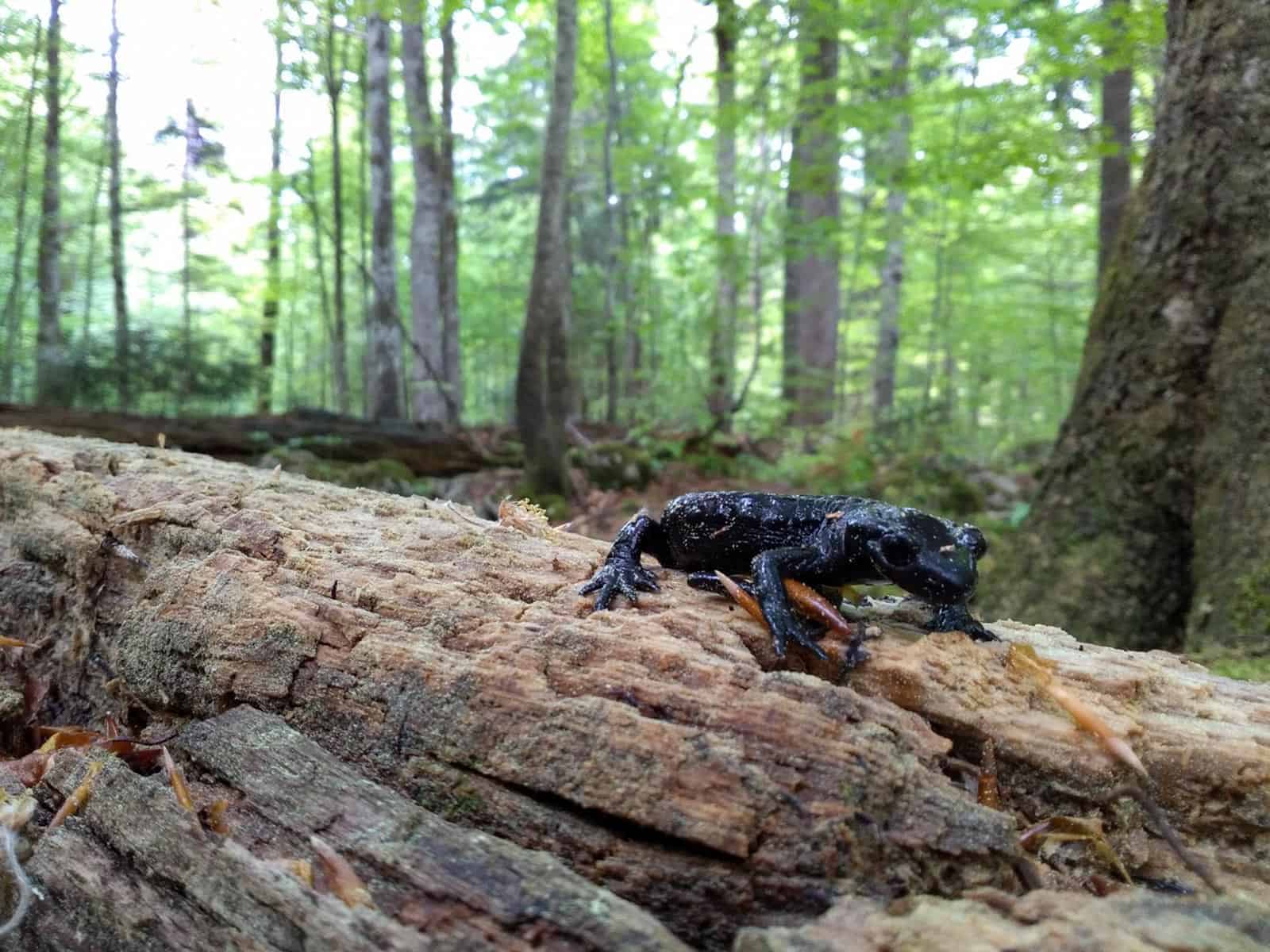




An important thing to add is that how cities are designed is an essential part in reducing road construction emissions, because by building denser you can reduce the amount of roads you need in the first place and also how many trips are actually taken on said roads by less efficient privately owned cars.
https://www.eaglerockexcavating.com/